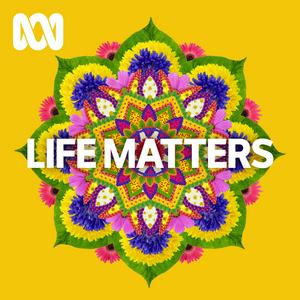Electronic shelf labels — those little digital screens replacing paper tags — are becoming more widespread across supermarkets in Australia, where prices can be updated instantly at the push of a button. It's certainly saved hours of employee time printing and updating labels manually, and although it's not inherently problematic, some are concerned that the way it's being used overseas could have implications for Australian shoppers. ABC technology reporter James Purtill retail marketing and consumer behaviour professor Gary Mortimer from Queensland University of Technology unpack what this could look like on Australian shelves.
Australia Post has warned the day will soon come when it delivers its last letter, with the rising cost to provide the service outstripping demand. So what might a post-post world look like, and how will the record of history we leave behind change without letters?
As workplace culture makes headlines following the fallout between radio duo Kylie Sandilands and Jackie O, behavioural scientist Aaron McEwan look at how to recognise toxic behaviour in the workplace, and what you can do about it.


